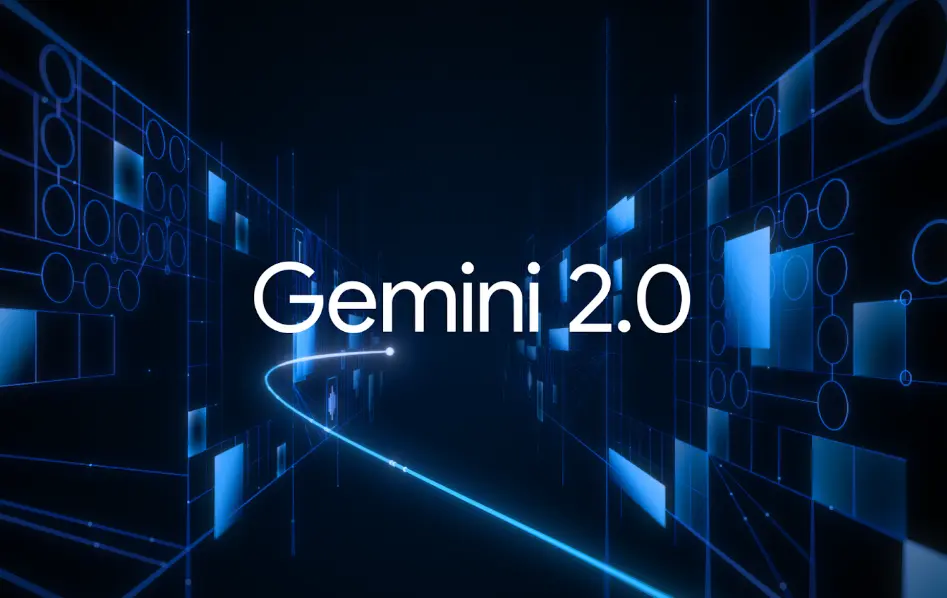AI will radically change how we use smartphone
Sergio Buniac, president of Motorola, talks about the impact of AI on smartphones, predicting a smoother and more autonomous interaction. AI will anticipate user needs, making apps more intuitive.

Sergio Buniac, president of Motorola, discusses the impact of artificial intelligence (AI) on smartphones. According to him, AI will change the way we interact with apps, enabling an intent-based approach. Instead of switching from one app to another, the device will anticipate the user's needs and act autonomously, similar to an API. This means AI will be able to perform tasks without requiring the user to manually intervene.
Buniac provides a practical example: it will no longer be necessary to download the Starbucks app. The user will simply be able to say, "Order my coffee." The device will use the user's location, analyze their purchasing habits, and locate a nearby Starbucks. Finally, it will ask if the user wants to complete the order. This type of interaction makes using smartphones smoother and more intuitive.
Another question regards how AI will make autonomous decisions. Buniac explains that, with the user's consent, AI can analyze the calendar. For example, if the user must leave home at 6:30, AI could detect unexpected events, such as a road accident, and decide to wake the user up 30 minutes earlier to avoid delays. This adaptive capability makes AI a highly useful personal assistant.
When discussing when these technologies will become available, Buniac predicts it will take two or three years. However, implementing AI requires deep knowledge of the user. This raises questions about privacy and security. Buniac acknowledges that innovation always brings risks. Although initially there may be concerns, systems and regulations will eventually be introduced to manage these risks. Understanding the limits of AI and using it responsibly is essential.
A critical aspect of AI is the possibility of errors and hallucinations. Buniac emphasizes that technology evolves, and people gradually adapt. After just a few interactions, even as little as 10 minutes, AI will become an integral part of daily life, making itself indispensable. This integration process takes time, but once AI is adopted, users will find it difficult to do without it.




